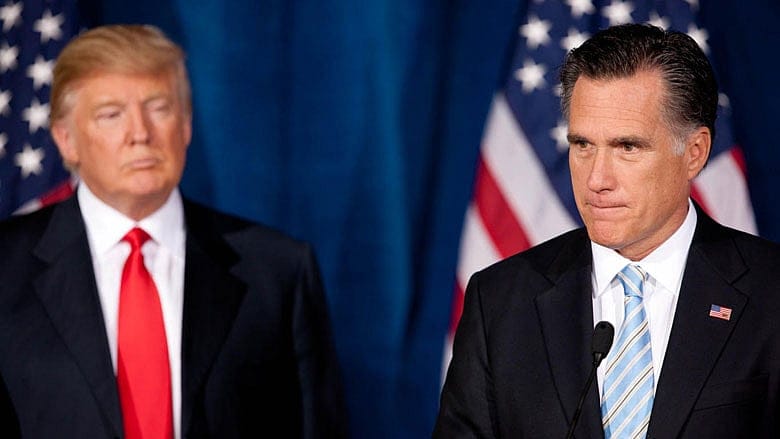Will Trump learn from Romney’s mistakes?

It was bound to happen sooner or later — former Massachusetts governor and 2012 Republican presidential nominee Mitt Romney regrettably waded into the treacherous currents of the 2016 presidential campaign by admonishing likely Republican nominee Donald Trump over tax disclosure.
The Romney-Trump relationship, seemingly like many relationships involving Trump-The-Candidate, combines the political and personal and is fraught with, and usually followed by, patronizing scorn by Trump.

